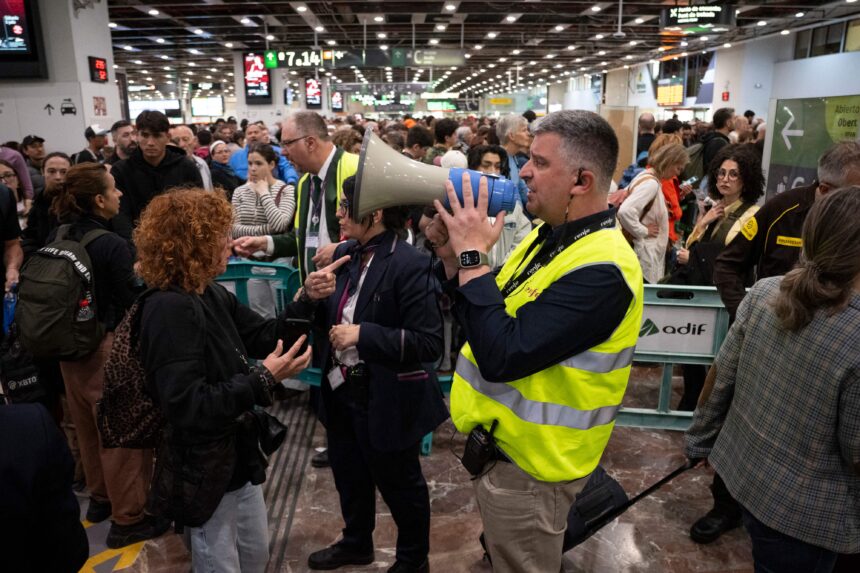MADRID – Spain and Portugal yesterday ruled out a cyberattack as the cause of a sweeping blackout that sparked chaos for millions of people across the Iberian Peninsula the previous day.
Telephone, internet and lights were working again, train services resumed, shops reopened and workers flocked back to offices following Monday’s outage that lasted up to 20 hours in some places.
No firm cause for the shutdown has yet emerged, although rumours had spread on social media about cyberattacks and an unusual “atmospheric phenomenon”.
“With the analysis that we have been able to carry out up to now, we can rule out a cybersecurity incident in the facilities” of Spanish grid operator Red Electrica (REE), said its director of operations, Eduardo Prieto.
“There was no type of intrusion in Red Electrica’s control systems that may have caused the incident,” he added during a news conference.
Portuguese government spokesman Antonio Leitao Amaro said it had “no information linked to a cyberattack or hostile attack at this stage” after a preliminary analysis.
Portugal’s grid operator REN also denied yesterday it was behind a message circulated on social media attributing the blackout to a rare atmospheric event.
The message in Portuguese said there was a “fault” in the Spanish electricity grid linked to “abnormal oscillations (that) were recorded in the very high-voltage lines (400 kV), a phenomenon known as ‘induced atmospheric vibration’”.
“REN confirms we did not put out this statement,” spokesman Bruno Silva told AFP, without giving further details.
Prieto had said on Monday there was “a major fluctuation in the power flow, accompanied by a very large loss of production”.
That “surpassed the reference disruption for which the electric systems are designed and operated” in the European Union, triggering “a disconnection of the peninsular Spanish electric system from the rest of the European system”, which collapsed the Spanish and Portuguese networks, he stated. – Nampa/AFP



